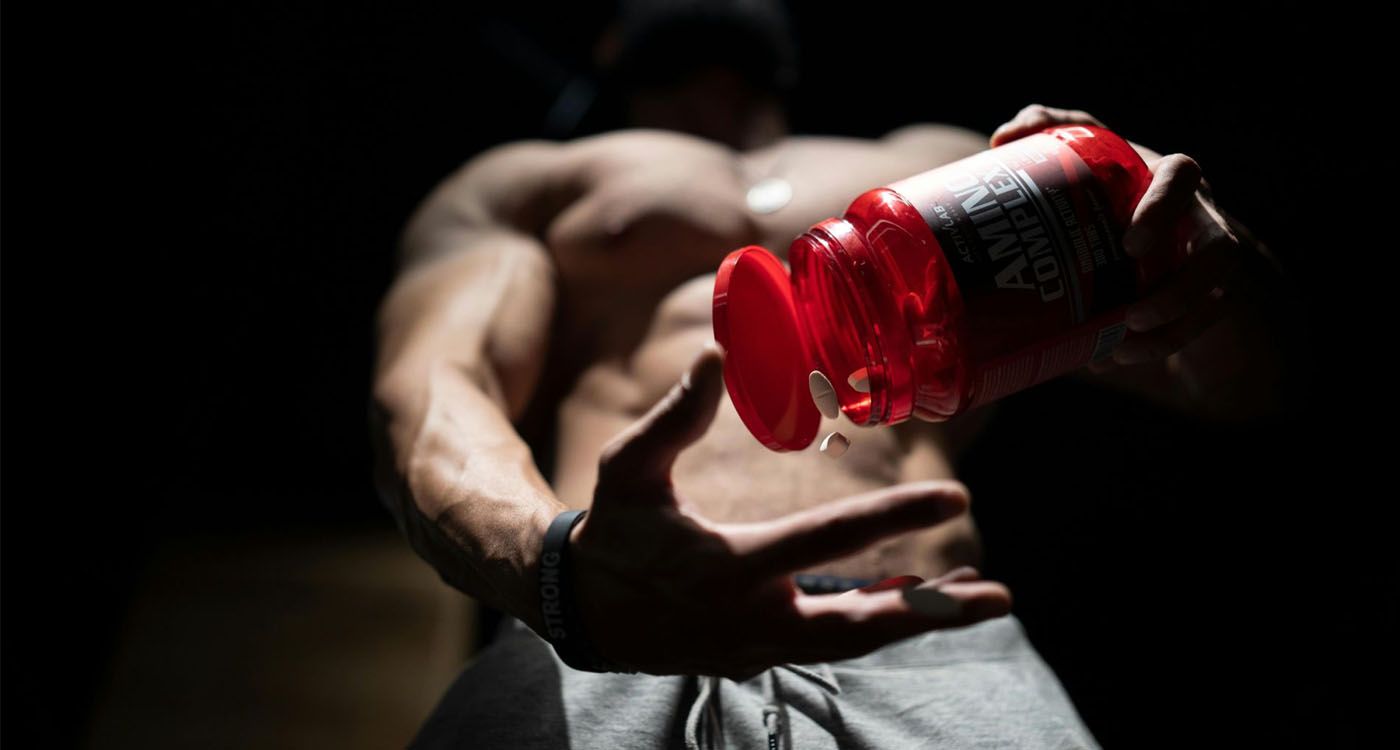
Behind chiseled physiques and promises of peak performance lies a doping market spinning out of control. The phenomenon is spreading, as health professionals sound the alarm over readily available products that are endangering an ill-informed youth.
On May 26, 2025, the president of the Lebanese Order of Pharmacists, Joe Salloum, called on the authorities to “put an end to the unchecked sale of performance-enhancing stimulants in gyms and on social media.”
In gyms and across social media, doping stimulants are being openly sold under the guise of dietary supplements. These products appeal to a generation chasing the perfect body, often willing to do whatever it takes to achieve that ideal. While some users hide their use like a guilty secret in locker rooms, most are unaware of the serious risks involved.
A Booming Parallel Market
Makram Haddad, a pharmacist interviewed by This is Beirut, stated that “doping products are freely circulating in certain gyms without any medical supervision, as if they were mere vitamins.”
He added that “many unqualified trainers, sometimes users themselves, offer these products to young people eager for quick results, without ever warning them of the dangers.”
The trend is also widespread online, where influencers flaunt muscular physiques while promoting boosters or fat burners with supposedly miraculous effects, rarely acknowledging the health risks involved.
Labib Choucair, a physiotherapist and anti-doping control officer, also warned about the growing normalization of these substances, cautioning that “this normalization creates an illusion of safety, when these products may in fact contain extremely dangerous compounds.”
“Young people can access them easily — online, in certain shops or directly in gyms — without any regulation or oversight from the authorities,” he added.
Choucair also pointed to the role of influencers, noting that “on social media, many contribute to this normalization by promoting muscular bodies without ever mentioning the side effects of these substances.”
This polished narrative reinforces the illusion of safety and encourages uninhibited use.
In response to what has become a widespread threat, experts are denouncing a troubling lack of regulation. “The state remains passive, with no oversight or serious inspections,” warns Haddad, “allowing an illegal trade to thrive at the expense of public health.”
Tony Ghossein, a fitness coach, highlights another growing concern, “Since the economic crisis, the market has been flooded with unregulated brands. Their composition is questionable, and they pose a real risk to young people’s health.”
Devastating Substances
Contrary to the harmless image they project, “these products are far from benign, often containing steroids, amphetamines and other potent stimulants whose composition is highly questionable,” explains Haddad. Immediate effects include palpitations, high blood pressure and sleep disturbances.
Choucair warns that “the medium- and long-term risks are severe, including strokes, heart attacks, pulmonary embolisms, as well as serious psychiatric disorders such as anxiety, aggression and depression.”
“These substances have a devastating impact on both mental and physical health, especially among young people,” he stresses.
Ghossein notes that young people often turn to him, directly or indirectly, with questions about “shortcuts” to quickly build muscle. According to him, the risks are often downplayed despite being very real.
A Misinformed Generation
Young people are especially vulnerable to these dangers, as social pressure and unrealistic beauty standards online fuel an urgency to sculpt their bodies quickly.
“What exacerbates the problem is the widespread lack of health education,” Haddad notes.
The situation is further compounded in gyms by the absence of medical oversight. “The lack of professional supervision creates a gap often exploited by unqualified trainers,” Haddad explains, adding that “without proper guidance, young people remain ill-informed and exposed to hazardous practices.”
Preventing Harm Through Early Action
Amid this growing problem, health professionals are calling for swift action. Haddad stresses the need to “reinforce laws regulating the sale of performance-enhancing products, particularly those distributed without authorization in gyms and online.”
He urges “regular, unannounced inspections and enhanced oversight of digital platforms and physical outlets.”
Choucair, for his part, emphasized prevention through awareness campaigns. “It’s vital to launch targeted outreach efforts to young people to dispel myths and educate them about the real risks,” he advised.
The expert also emphasizes that “pharmacists are on the front lines to alert, advise and prevent,” and that their role in health education should be recognized and strengthened.
Both experts agree that mandatory certification for gyms and trainers would ensure more professional and safer oversight.
Without decisive intervention, this dangerous trend risks spreading further, endangering the health of an already vulnerable youth and deepening the divide between the idealized body image marketed to them and reality.




Comments